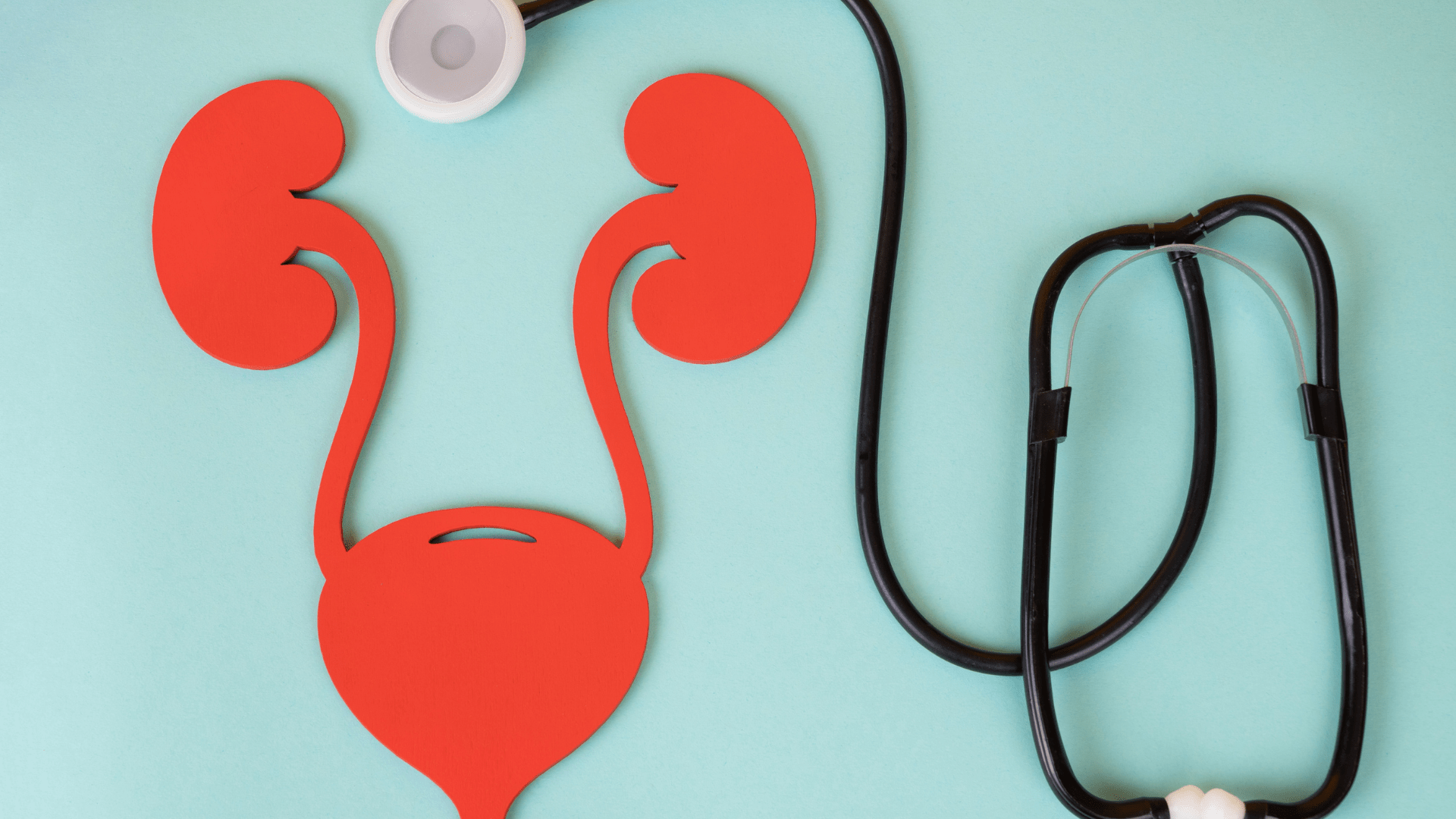You’ve imagined it countless times. Holding your little “mini-me”, watching them run around the house giggling with their chubby cheeks and little legs, and filling the house with adorable sounds of their laughter. Maybe you’ve dreamed of having one kid, or maybe you’re team “football team”.
What most people don’t know until it’s too late is that there could be an uninvited evil guest, lurking in the corner, that could stop you from achieving this dream – Infertility.
Now, before you roll your eyes, snap your fingers, and say, “Infertility isn’t my portion”, hear us out.
Infertility isn’t always loud. Sometimes, it whispers, with subtle sneaky symptoms you’ve been ignoring for months or even years. So, let’s talk about these red flags you need to look out for.
What Is Infertility?
Infertility is defined as the inability to conceive after 12 months of regular and unprotected sex. If you’re over 35, then it’s six months, because fertility reduces as women grow older. This doesn’t mean that fertility is just a woman’s issue. It can affect even men.
What Are the Signs of Infertility?

The thing about infertility is that it is not always about “I can’t get pregnant.” Sometimes it’s more like “I didn’t even know my body wasn’t ovulating,” or “I thought my cycle was just ‘irregular’.”
Let’s talk about these subtle signs:
Irregular periods
If your periods are unpredictable, coming late, too early, or even skipping for 3 months, please pay attention. A normal cycle length is 21-35 days; if yours is consistently outside this range, then this is a red flag.
Your period reflects what’s happening with your menstrual cycle, especially ovulation. If you’re not ovulating regularly, then your period would be irregular, and your chances of conceiving naturally might drop.
Some of the causes of irregular periods are Polycystic Ovarian Syndrome (PCOS), thyroid dysfunction, or even premature ovarian insufficiency (when your ovaries stop working properly before you turn 40).
Severe period pain
There’s “normal” period pain, and then there’s that pain that has you curled up, rolling on the floor, vomiting, or even passing out. That is not normal.
One of the most common villains is endometriosis, where tissue similar to the inner lining of your womb is outside your womb and leads to scarring or even blocking your fallopian tubes, where fertilisation for pregnancy occurs.
Other possible culprits are adenomyosis (when the tissue that normally lines your womb grows into the muscle layer of your womb), pelvic inflammatory disease (an infection of the female reproductive organs usually from untreated STIs), or fibroids (non-cancerous growths in or around the womb). All of these conditions can silently affect fertility without you knowing.
Heavy periods
Changing pads multiple times a day? Bleeding for more than 7 days? Seeing thick clots in your menstrual blood? If any of these apply to you, then you have heavy menstrual bleeding.
This could point to other conditions like endometriosis or uterine fibroids, which can affect your fertility.
Acne and facial hair
If you’re having persistent acne, hair in your chin, chest, or belly, deep changes to your voice, and irregular periods, this combination of symptoms is suspicious for PCOS.
PCOS is one of the most common causes of infertility in women worldwide. With PCOS, you might not ovulate regularly, which reduces the chances of getting pregnant.
Getting tired easily or gaining weight for no reason
If you’re getting tired very easily despite barely doing anything, adding weight even though you don’t have a lot of appetite or are barely eating, or you’re feeling cold even though everyone is fanning themselves because of the heat, your thyroid may be involved.
This matters for your fertility because thyroid hormones also help regulate your ovulation and menstrual health. An underactive thyroid gland (or hypothyroidism) can make it harder for you to conceive.
You’ve had multiple miscarriages
Having 2 or more miscarriages could point to an underlying fertility issue. It could be due to autoimmune conditions, thyroid problems, uterine abnormalities, genetic conditions, or even blood-clotting disorders.
It’s not a “just try again” thing but a “you need a full reproductive workup” thing.
You’ve had a silent STI in the past
The sad truth you need to hear is that untreated or poorly treated Sexually Transmitted Infections like gonorrhoea or chlamydia can cause some serious damage to your reproductive organs…without you knowing.
This is because these infections can lead to Pelvic Inflammatory Disease, which can damage your fallopian tubes, the meeting place for the egg and sperm.
What To Do If You Spot These Signs
If you think you have any of these red flags, don’t panic. Do these instead:
- Start tracking your cycle and ovulation patterns.
- Book an appointment with a gynaecologist or fertility specialist. You don’t need to wait till you’re actively trying to get pregnant. The earlier you tackle these symptoms, the better your chances are.
- Make sure your partner gets tested too.
You don’t need to wait till you’re ready to get pregnant before you see a gynaecologist. Catching these red flags early and tackling them is one of the best ways
Final Thoughts
Infertility isn’t always obvious, and that’s why it catches so many people off guard. If you know the red flags to look out for, then you can take the right action early.
If you’d like to speak to a doctor you can click here to get started!
References
Infertility: Types, Causes, Symptoms, Diagnosis & Treatment
Overview of Infertility – Gynecology and Obstetrics – MSD Manual Professional Edition
Quick Facts: Vaginal Discharge – Merck Manual Consumer Version





